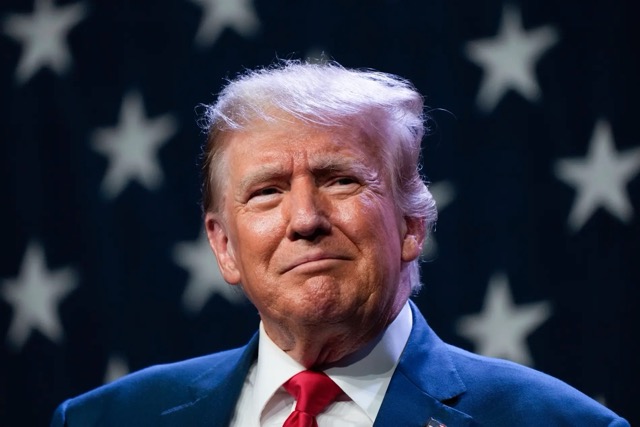President Donald Trump sharply criticized Harvard University in a Truth Social post just after midnight on Sunday, questioning why more than 30% of the school’s student body comes from foreign countries that, according to him, contribute nothing to the cost of their education. He contrasted this with billions in U.S. taxpayer dollars that he says are used to fund these students’ education.
This follows the Trump Administration’s recent decision to freeze over $2.7 billion in multi-year research grants and $60 million in contracts to Harvard. The administration has also begun cracking down on the university’s handling of international student visas.
President Trump wrote:
“Why isn’t Harvard saying that almost 31% of their students are from FOREIGN LANDS, and yet those countries, some not at all friendly to the United States, pay NOTHING toward their student’s education, nor do they ever intend to. Nobody told us that! We want to know who those foreign students are, a reasonable request since we give Harvard BILLIONS OF DOLLARS, but Harvard isn’t exactly forthcoming.
We want those names and countries. Harvard has $52,000,000, use it, and stop asking for the Federal Government to continue GRANTING money to you!”
Last week, the Department of Homeland Security notified Harvard that it would no longer be authorized to issue student visas to international applicants. The action stems from Harvard’s alleged failure to provide documentation proving compliance with U.S. laws prohibiting discrimination under the guise of DEI policies, its tolerance of campus violence, and reported partnerships with authoritarian foreign governments, including the Chinese Communist Party.
However, on Friday, an Obama-appointed judge blocked the administration’s effort to revoke Harvard’s authority to enroll foreign students.
In a related development, it was revealed that Harvard and several other institutions had formed a private alliance to coordinate their response to Trump’s policies. According to The Wall Street Journal, this group has been “maintaining close contact,” discussing negotiation strategies, and preparing for various scenarios amid federal funding freezes connected to concerns over how universities are addressing antisemitism on campus.
 Telegram is where we really talk. Don't miss out!
Telegram is where we really talk. Don't miss out!







